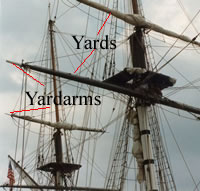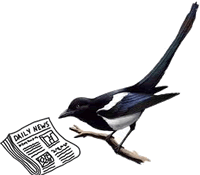Here’s the script for a new video I’m making in Russian. I got the Russian from my textbooks and phrase books and from Google Translate, so there may be some errors. If you speak Russian could you check it and let me know anything that needs correcting? Большое спасибо!
Здравствуйте.
Hello
Здравствуйте. Как дела?
Hello. How are you?
Спасибо, хорошо. А вы?
Fine thanks, and you?
Хорошо. Как вас зовут?
Fine. What’s your name?
Меня зовут Галина Михаиловна. А вы?
I’m Galina Mikhailovna, and you?
Меня зовут Игорь Максимович. Очень приятно.
I’m Ivan Maksimovich. Nice to meet you.
Очень приятно.
Nice to meet you.
Oткуда вы?
Where are you from?
Я из Алматы в Казахстан, но я живу в Международной космической станции полгода. А вы?
I’m from Almaty in Kazakhstan, but live half the year in the International Space Station. And you?
Я из Москвы, но я живу в Новосибирске. Вы космонавтом?
I’m from Moskow but live in Novosibirsk. Are you a cosmonaut?
Да. А вы? Какова ваша работа?
Yes. And you? What do you do?
Я ки́пер в Новосибирском зоопарке.
I’m a zookeeper in Novosibirsk Zoo.
Вау, это круто!
Wow, that’s cool!
Что? Даже круче, чем быть космонавтом?
What? Even cooler than being a cosmonaut?
Да, абсолютно. Я всегда хотел работать с животными, но отец настоял, чтобы я стал космонавтом.
Yes, absolutely. I always wanted to work with animals, but my father insisted that I become a cosmonaut.
Не будучи в пространстве захватывающим?
Isn’t being in space exciting?
Ну, это было в первый, и виды невероятным, но это может быть довольно скучной застряли в маленькой космической станции с теми же людьми все время.
Well it was at first, and the views are incredible, but it can be rather boring stuck in a small space station with the same people all the time.
О, я никогда не думал об этом так. Что вы делаете в Международной космической станции?
Oh, I never thought about it like that. What do you do on the International Space Station?
Мы делаем эксперименты, петь песни, писать стихи и смотреть на вид.
We do experiments, sing songs, write poetry and look at the view.
Каково это быть невесомым?
What’s it like being weightless?
Сначала это было странно и я заболела, но я привык к его сейчас.
At first it was weird and I was sick, but I’m used to it now.
Ну, я должен идти. До свидания.
Well, I have to go now. Goodbye.
До свидания.
Goodbye.

